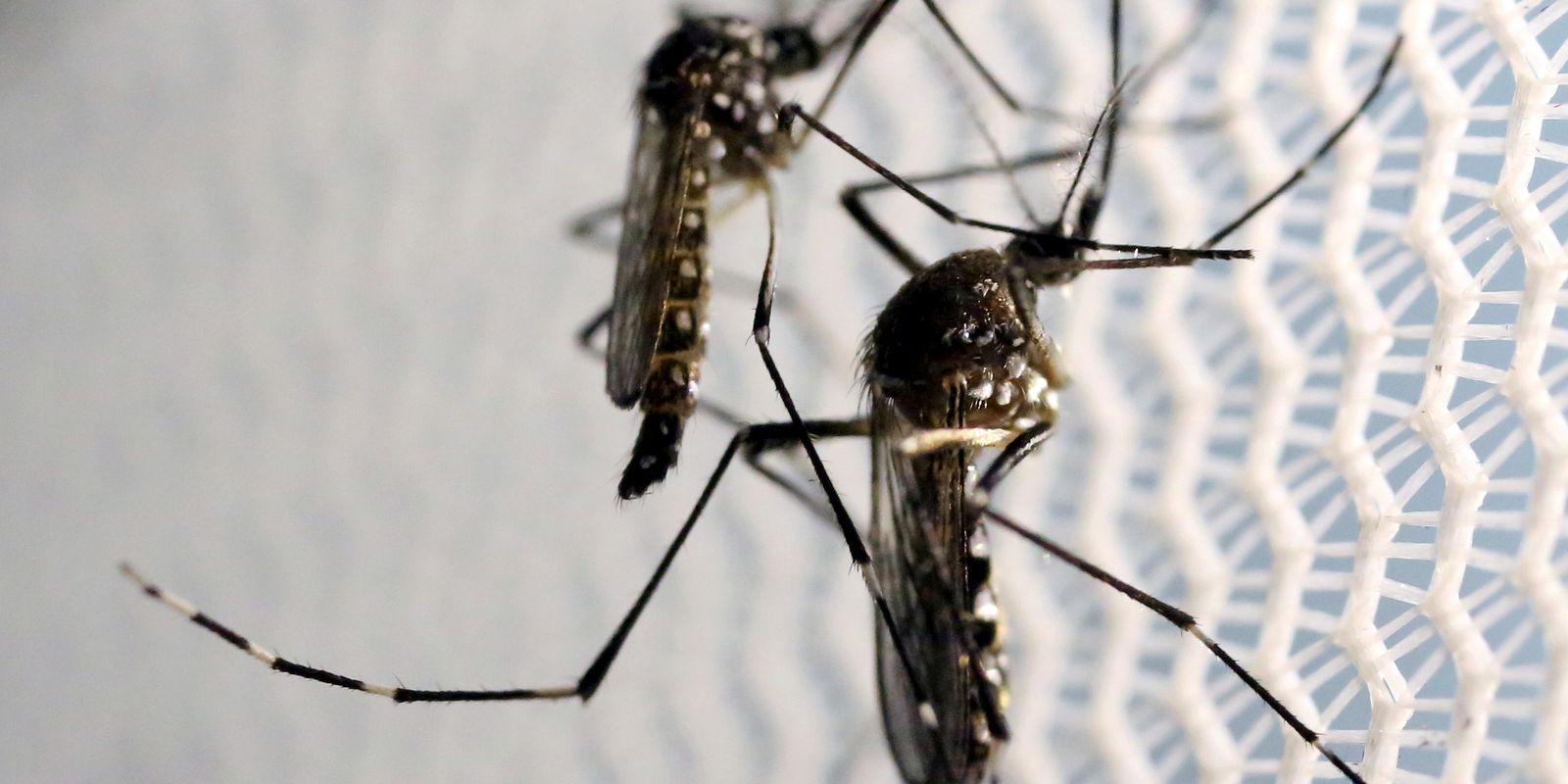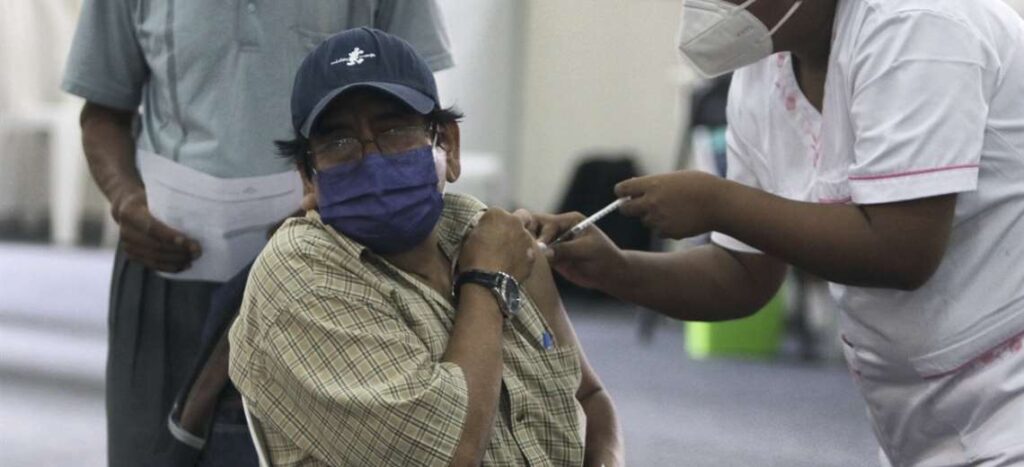Confirmed cases of dengue in the city of São Paulo have fallen by 29.2% this year, according to data from the Municipal Health Department. Until the epidemiological week 15 of 2021 – a period that covers January to mid-April – there were 3,511 occurrences. Until the same epidemiological week of 2022, there were 2,485 cases. In the whole of last year and until mid-April this year, the department did not record any deaths from dengue in the city.
According to the secretary, the capital intensified surveillance of cases of dengue and other arboviruses and expanded the fight against the mosquito. Aedes aegypti – which transmits the disease -, with the requalification of technicians and zoonoses agents and investment in new equipment and work processes.
Actions developed in the city to combat the disease include house-to-house visits; visits to strategic points; larval control at strategic points with the use of biological larvicide; blocking transmission of human cases of dengue, zika and chikungunya; and use of a rapid test for dengue to target transmission blocks, in addition to educational, health communication and social mobilization actions.
cyclical behavior
Dengue usually presents a cyclical behavior, with epidemic periods. According to the secretariat, the last epidemic year of the disease, both in São Paulo, the capital, and in the state of São Paulo and in Brazil, was 2015.
“In 2019, there was an increase in notifications and confirmed cases, however, with medium transmission in the capital, which in 2020 was not observed, as there was low transmission”, he added.
In the whole of 2015, there were 103,186 cases of the disease in the city, according to a bulletin from the municipal health department. In 2019, there were 16,966 cases, dropping to 2,026 in 2020, the first year of the Covid-19 pandemic. In 2021, also considering the entire year, there were 7,435 cases.
“The year 2020 cannot be used as a parameter for comparisons of dengue cases in the capital. The social isolation imposed by the covid-19 pandemic brought an atypical situation of low movement of people and a sharp drop in the number of cases ”, informed the Secretary of Health.
















